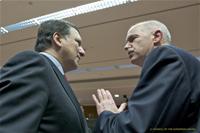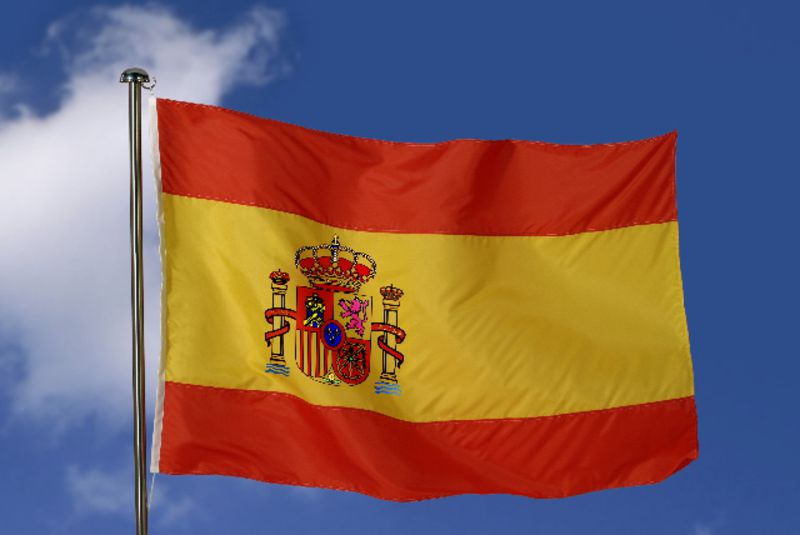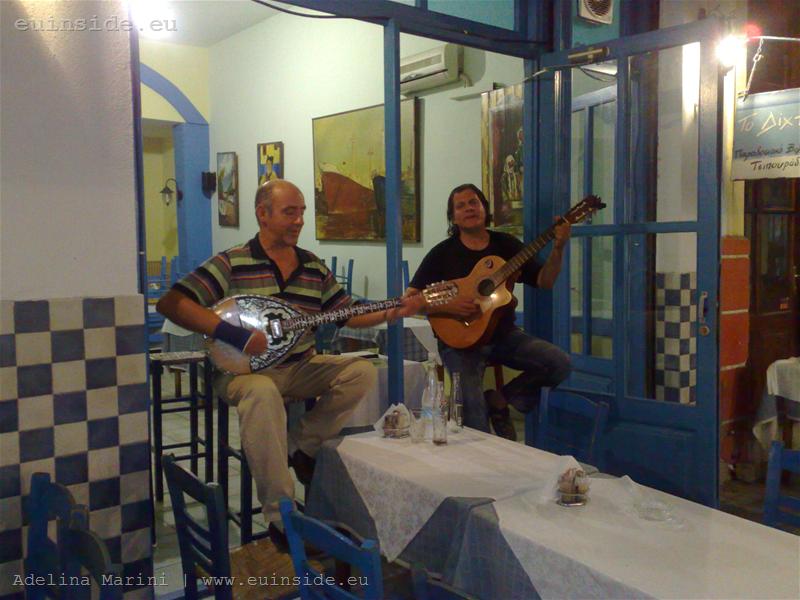A triple unlocking mechanism for the Greek salvation
Adelina Marini, March 28, 2010
 A political declaration with a political message for a political solution to a political problem. This is how the explanations sound about the eurozone members' declaration, endorsed late on Thursday by euro area's 16 leaders, finally announcing a mechanism for financial aid for Greece. The essence of the mechanism is that Greece can ask for financial assistance only if market financing proves insufficient. If this happens, all eurozone member states will help together with the International Monetary Fund.
A political declaration with a political message for a political solution to a political problem. This is how the explanations sound about the eurozone members' declaration, endorsed late on Thursday by euro area's 16 leaders, finally announcing a mechanism for financial aid for Greece. The essence of the mechanism is that Greece can ask for financial assistance only if market financing proves insufficient. If this happens, all eurozone member states will help together with the International Monetary Fund.
The president of the European Council Herman van Rompuy explained however, that bilateral loans of euro area members will have a predominant role and the IMF will have less financial intervention. Besides, to get money, Greece will first have to file an application. This application will be assessed by eurozone member states whether there are sufficient arguments for loans. The decision must be taken unanimously by the member states. Bilateral loans as well as an IMF loan will not have any preferential interest rates, the document explicitly states.
All 16 euro area countries have stated their readiness to help Greece. And regarding the IMF, its assistance goes only in a package with bilateral European loans. This means that Greece will not be able to turn unilaterally to the IMF.
In his introductory statement the European president tried to explain that Thursday's declaration was a continuation of the agreement from the informal Council on February 11th. It was divided into 2 parts: responsibility and solidarity. With regard to the first part, Greece explained that it would undertake additional measures to reduce its budgetary deficit by 4 percentage points this year if it had to. Then the country officially presented these measures 2 weeks ago which Van Rompuy defined as "a programme of its own responsibility".
The second part about solidarity has been completed with the mechanism, agreed on Thursday, the European president further explained. He added something very important - that this mechanism is only valid for Greece and Greece alone. In order to guarantee that this would be so, he put an emphasis on the last paragraph of the declaration because it was related not only to the eurozone's member states but to all 27 EU members and states:
on Thursday, the European president further explained. He added something very important - that this mechanism is only valid for Greece and Greece alone. In order to guarantee that this would be so, he put an emphasis on the last paragraph of the declaration because it was related not only to the eurozone's member states but to all 27 EU members and states:
"We ask the President of the European Council to establish, in cooperation with the Commission, a task force with representatives of Member States, the rotating presidency and the ECB, to present to the Council, before the end of this year, the measures needed to reach this aim, exploring all options to reinforce the legal framework".
This practically means that the task force, where all member states will be represented, will try to change the Stability and Growth Pact which so far proved to be inefficient in preventing budgetary deficit excesses and poor fiscal discipline in general. And the creation of a legal framework means that these changes would have to prevent changes in the Community treaties.
The condition that the mechanism would be valid for Greece alone was made explicitly because of the many speculations that the next countries which would need it would be Portugal and Spain. According to Herman van Rompuy, however, the Portugal cases is very much different. "If we hadn't this statistical fraud, there wouldn't have been this crash in confidence to the measures Greece implements. Markets are fully aware with this", Mr Van Rompuy explained the difference.
 In spite of the wish the agreement to look like a "European solution", according to Jose Manuel Barroso, quite a lot of issues still remain unresolved. One of them is whether Greece would be refused an activation of the mechanism if it is assessed that there was no need of it. Responding to such a question, the European president answered with determination: "I do not answer to hypothetical questions. The deal is that when Greece feels the need of activation of the mechanism, it will file an application for immediate joint actions of the IMF and the eurozone".
In spite of the wish the agreement to look like a "European solution", according to Jose Manuel Barroso, quite a lot of issues still remain unresolved. One of them is whether Greece would be refused an activation of the mechanism if it is assessed that there was no need of it. Responding to such a question, the European president answered with determination: "I do not answer to hypothetical questions. The deal is that when Greece feels the need of activation of the mechanism, it will file an application for immediate joint actions of the IMF and the eurozone".
As with every EU summit, there are always funny moments, caused by the "compromise" structure of the Union itself. For example, a Belgian colleague noticed in the president's statement a discrepancy with his powers. In his foreword at the press conference on Thursday night, Herman van Rompuy mentioned that beside presiding the European Council he also presided the Council of the Eurogroup (there is no such thing, so maybe he spoke metaphorically). The journalist asked whether this did not mean that Herman van Rompuy organised a putch (the Russian word for coup) and headed the Eurogroup, otherwise presided by the premier of Luxembourg Jean-Claude Juncker.
The former Belgian premier, often ridiculed as being a grey mouse, responded in the same spirit: "Blaming the grey mouse in putchism is a great leap. As De Gaulle, although I cannot compare myself with him, I would say - gentlemen, do I look like a dictator?" The phrase belongs to general De Gaulle and is from the time of the Algerian crisis in 1958 when, again a journalist, blamed the French president that his actions were leading to a violation of civil freedoms. To this, one of the founders of the European Union responded: "Who truly believes that at the age of 67 I would start a career of a dictator?"
 | © European Commission- Audiovisual Service
| © European Commission- Audiovisual Service | © Eropean Commisson-Audiovisual Service
| © Eropean Commisson-Audiovisual Service Klaus Regling | © Council of the EU
Klaus Regling | © Council of the EU Mario Centeno | © Council of the EU
Mario Centeno | © Council of the EU Mario Centeno | © Council of the EU
Mario Centeno | © Council of the EU Angela Merkel, Emmanuel Macron | © Council of the EU
Angela Merkel, Emmanuel Macron | © Council of the EU Benoit Coeure | © Council of the EU
Benoit Coeure | © Council of the EU Pierre Moscovici | © Council of the EU
Pierre Moscovici | © Council of the EU | © euinside
| © euinside